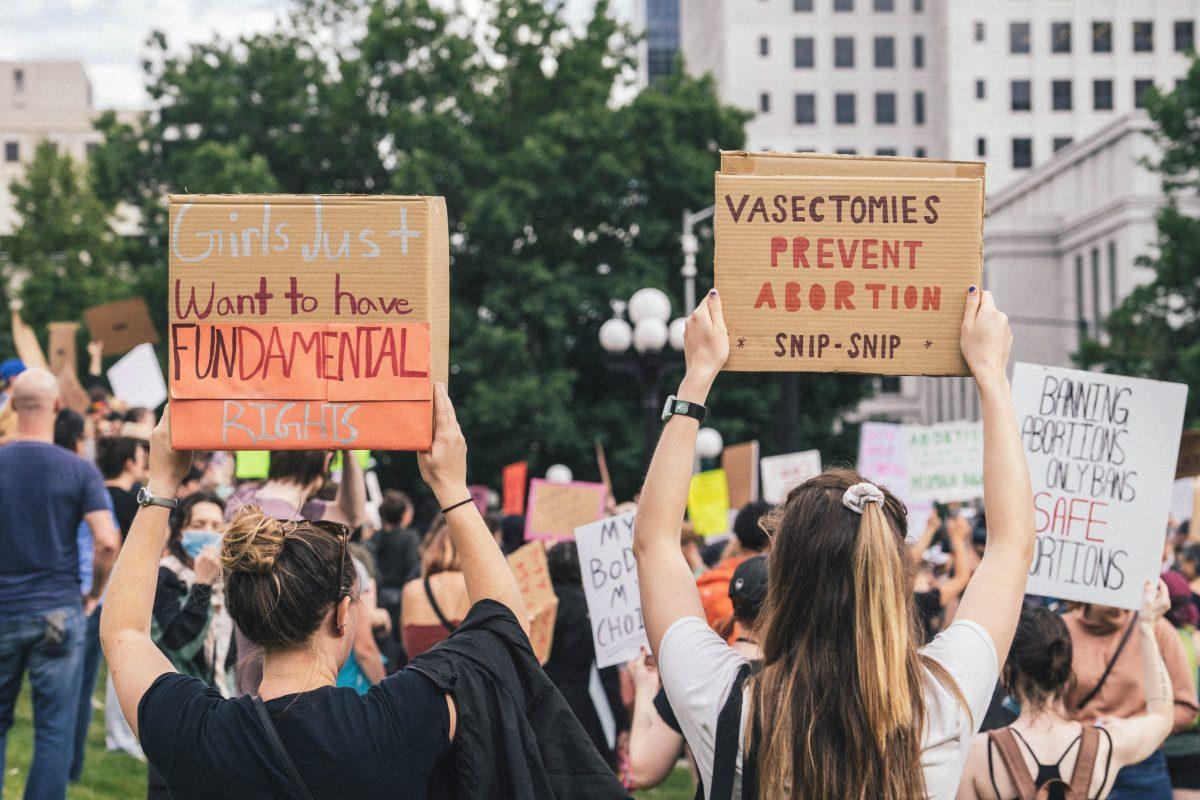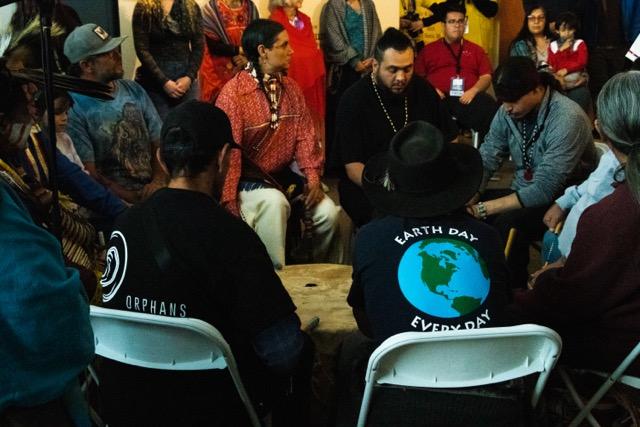
September is National Suicide Prevention Month but at CSU-Pueblo and universities across the nation, suicide awareness and prevention are essential year-round. In colleges nationwide, 47 to 67 percent of students have mental health issues, a CSU-Pueblo mental health official said.
Carol Daugherty, director of Student Health and Counseling Services at CSU-Pueblo, said she wants staff and students to be educated on suicide prevention and to create awareness that resources are always available to them, no matter what state of mind they are in.
“The top two diagnoses in the counseling center, as well as at student health services, are anxiety and depression,” Daugherty said.
“What we want to do is find those issues sooner rather than later, so they can seek treatment,” she said.
In recent years, CSU-Pueblo has faced a few cases of suicide. Daugherty said that when at-risk students come to the counseling center, they keep a close eye on those students.
Immediate follow-up is imperative to prevention, she said. “We have the opportunity when we know a student is in need to have a welfare check done if I’m concerned about him or her. We may get a report about a student’s behavior, so we send someone out to check on them and we do follow ups with them.”
“Support groups for students who are struggling with relationship issues can be another helpful coping mechanism.”
“We have only had four cases in four years where a student had to be mandatorily hospitalized,” Daughetry said. In these cases, students either posed a serious threat to themselves or others.
Suicide prevention courses like Question, Persuade and Refer Training is available to faculty and staff on campus. Daugherty touts QPR as an effective strategy for suicide intervention because of its immediate impact.
Daugherty emphasized that students’ information remains completely private and confidential, and that counseling services are free of charge at CSU-Pueblo.
Quatisha Franklin, Health Education and Prevention program coordinator, and Daugherty work closely together to educate people on suicide prevention awareness and behavioral intervention.
“The goal is to have a more structured program with more extensive resources available for longer hours,” Daugherty said.
In a 2013 report from the American Association of Suicidology, 11.1 out of every 100,000 people in the 15 to 24 age range committed suicide. As of 2013, suicide ranked number 10 among the 15 leading causes of death in the U.S.
On Sept. 7, uloop.com featured a poignant article by Angie Baquedano, a University of North Carolina at Charlotte student, entitled “National Suicide Prevention Week: September 7-13.”
“Many of my friends considered suicide; a few attempted, one succeeded. I was devastated, and his family was in shambles,” Baquedano wrote. “I spent a long time sad and angry at him. It came out of nowhere as it usually does for those who lose someone to suicide. I was angry because he did it, I was angry he didn’t come to me for comfort, I was angry I didn’t keep in touch more. I was heartbroken I’d never hear his voice again.”
Mental health counseling is available Monday through Friday from 8 a.m. until 5 p.m. at the counseling center, which is located in the Psychology building. Students can also contact Daugherty at the student health center, at 719-549-2830, for additional resources or referrals.
Daugherty also wants students to be aware of available off-campus resources. Spanish Peaks and Associates for Psychotherapy in Pueblo, along with Spanish Peaks in Colorado Springs, offer services from early intervention to in-patient treatment and medication. These institutions determine fees a sliding scale basis.
CORRECTION: A previous version of this report said 11.1 out of every 100,000 suicides were committed by people ages 15-24. In the 15 to 24 age range, 11.1 out of every 100,000 people committed suicide.









